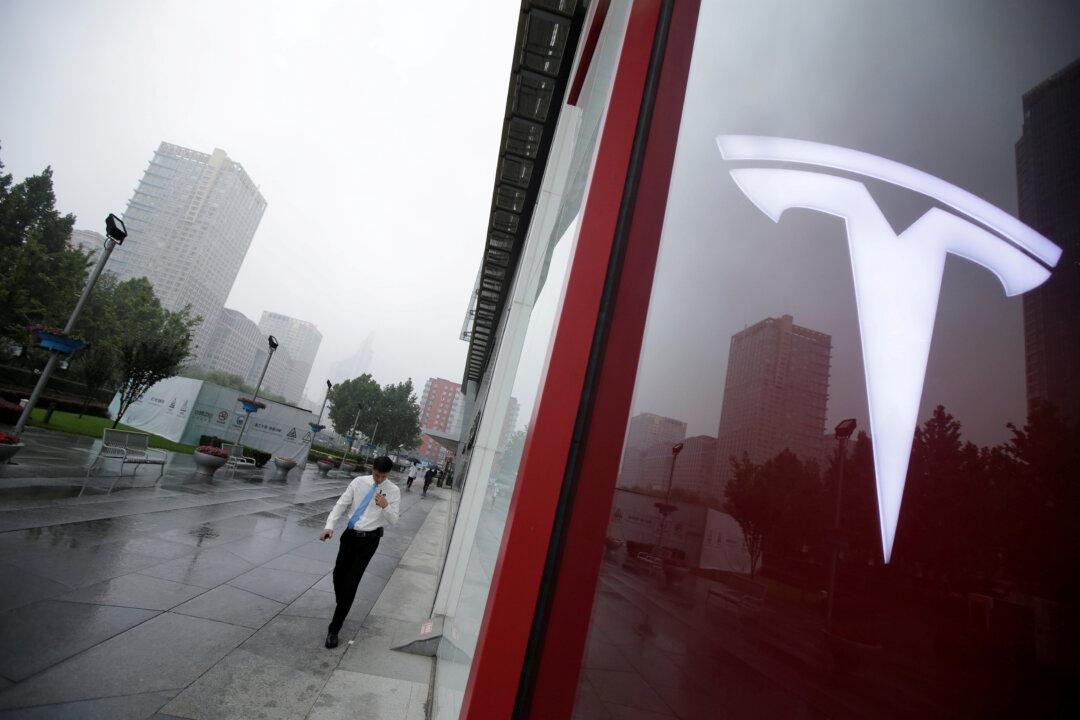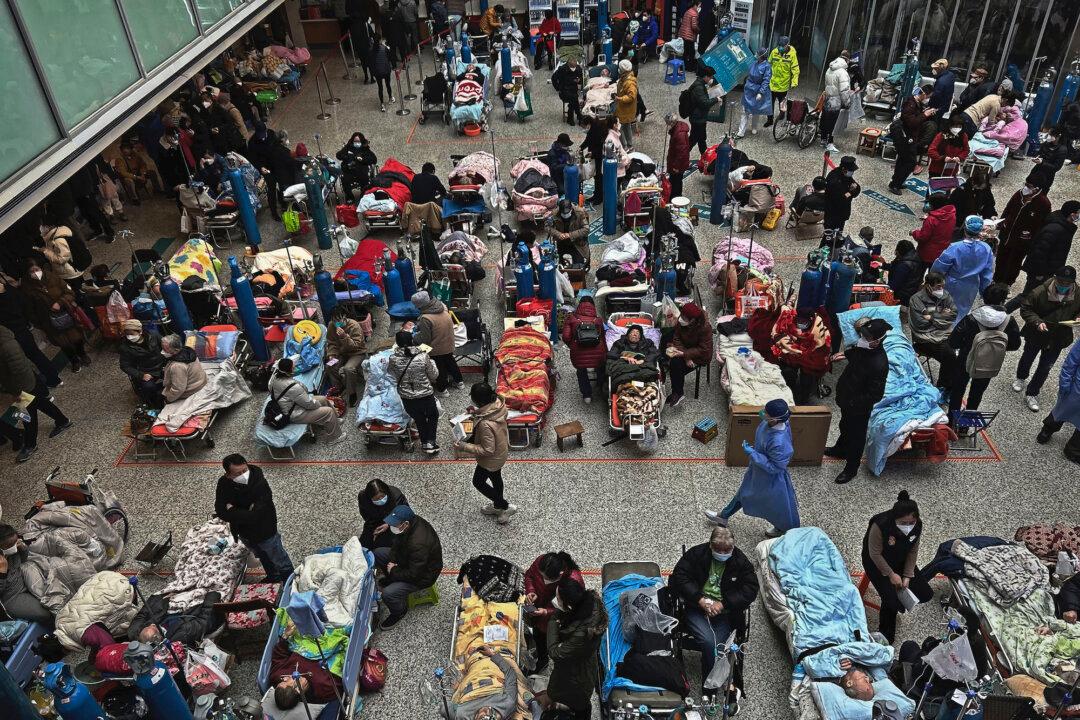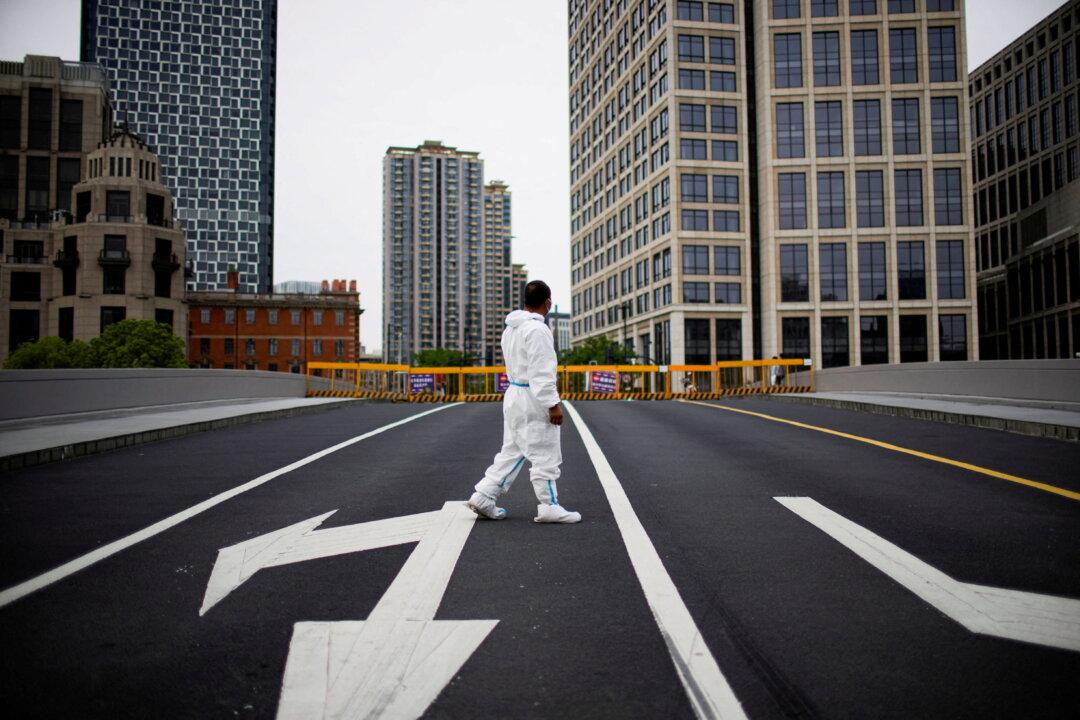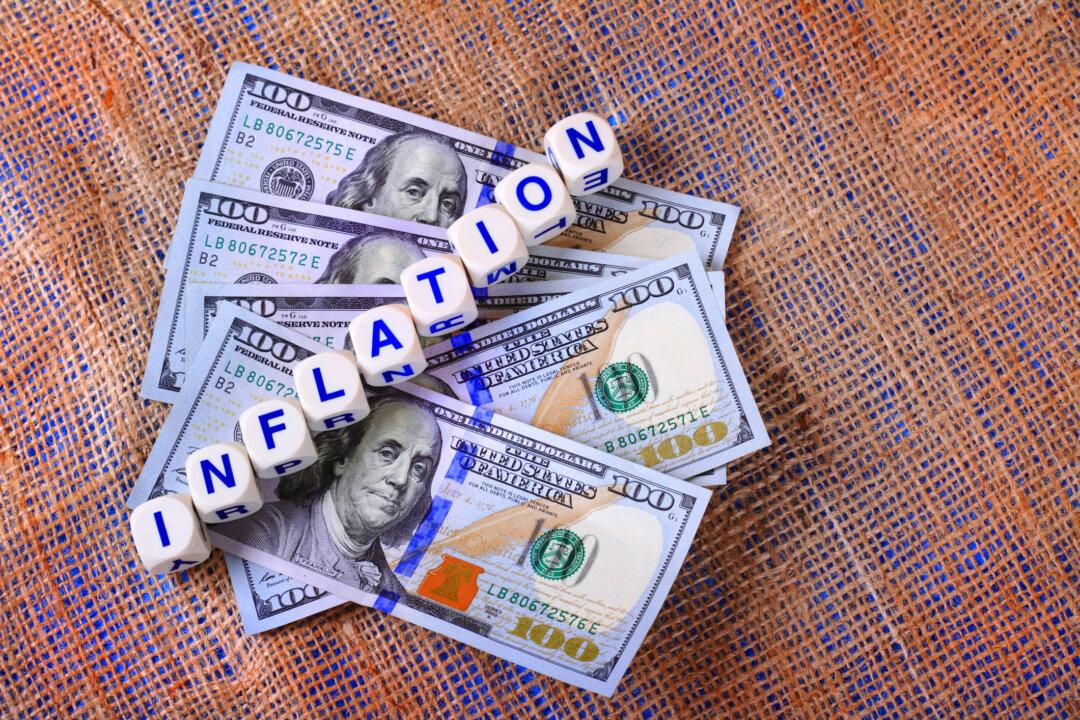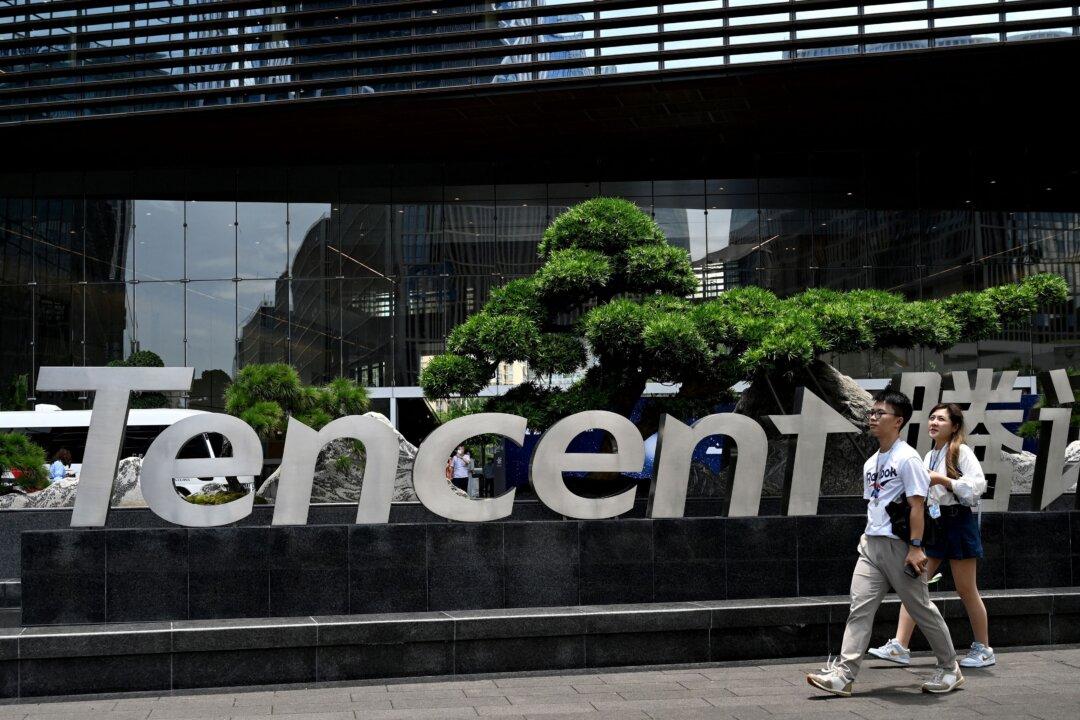On June 9, 2022, Tesla Inc. (TSLA) canceled three live job hiring events for China, which were originally scheduled this month, after the Shanghai government having already held two video roundtable talks for foreign companies in Early June; the second of which included executives from six foreign auto enterprises, including Tesla.
Telsa did not explain why they had canceled the three job hiring fairs , but nothing could stop speculations of whether Tesla might be considering cutting back on their investment plans in China.
